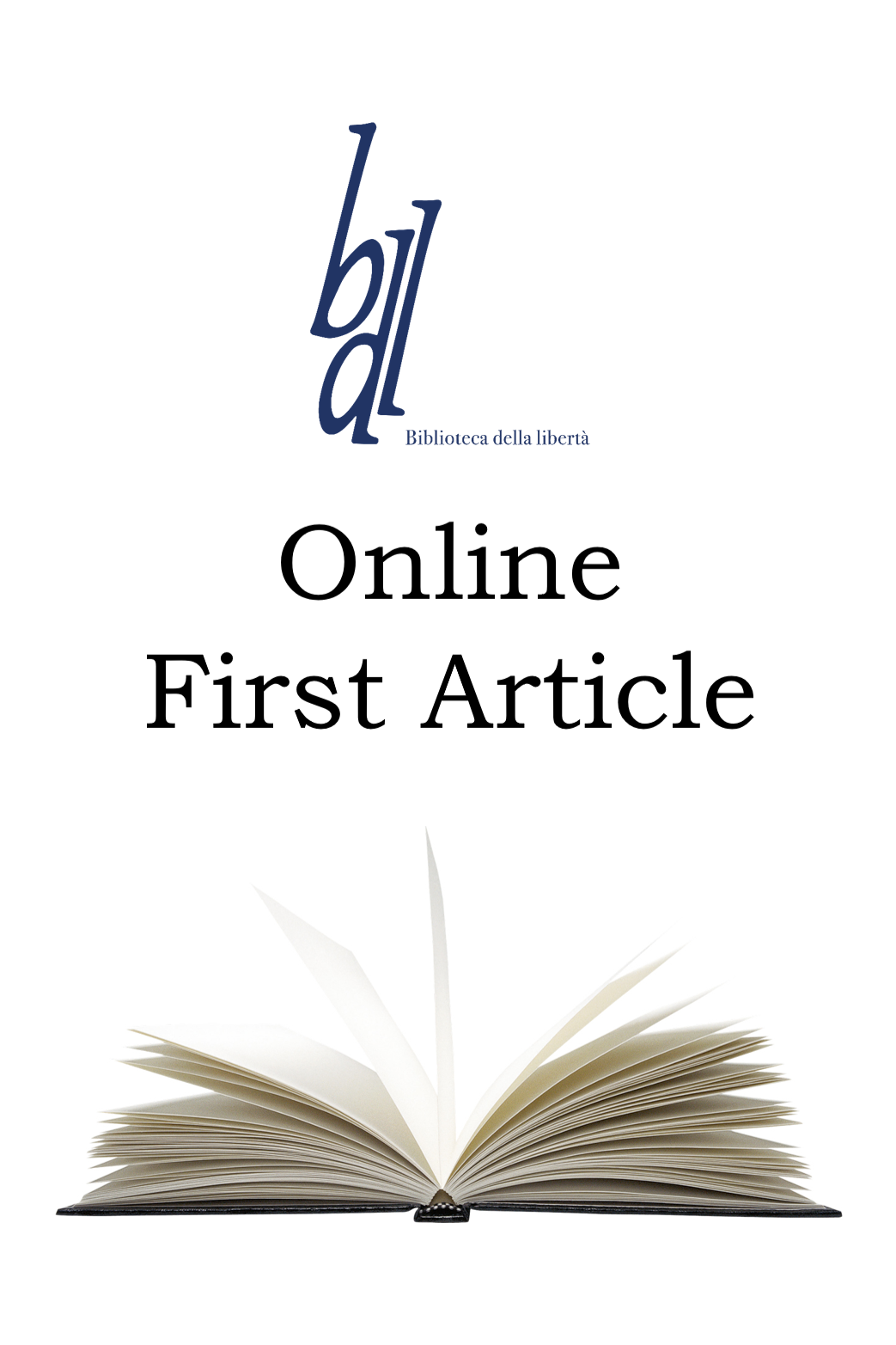- Ricerche e Progetti
- Biblioteca della Libertà
- Pubblicazioni e Working Paper
- Articoli e media
- Eventi e notizie
All issues
Information, Ignorance, and Obligations to Know
Anno LVI, n. 230, gennaio-aprile 2021
- Categoria/Category
- Anno LVI, n. 230, gennaio-aprile 2021
- Autore/Author
- Francesca Pongiglione
- Editore/Publisher
- Centro Einaudi
- DOI
- 10.23827/BDL_2021_3
- Luogo/City
- Torino
- Articolo completo/Full text
- 03-BDL230_Pongiglione.pdf
Abstract
Reasonable persons are expected to acquire information about a situation before acting so that they are aware of the harm that may befall others as a consequence of their action. These ‘obligations to know’ derive from our other moral obligations, such as avoiding causing harm to someone. The progressive interconnection of human beings due to the global economy, and the much higher volume of information now available have significantly increased our obligations to know. However, while we cannot simply and legitimately refuse to hear the way that we are connected to distant people, we cannot be expected to know everything. In this paper, I will discuss the extent of our obligations to know, which constitute a moral and civic duty arising from our role as citizens in a globalized world, that requires us not to ignore the possible harm or good we bring about with our actions. I will try to establish under what circumstances individuals are culpable for their ignorance by considering two interdependent elements that could work as viable parameters: the quality of existing information, which I regard as primary, and, secondarily, the effort required to acquire it. Though the amount of information available nowadays is indeed enormous, its quality varies greatly from topic to topic, as does the effort needed to acquire it. This implies that expectations regarding what individuals ought to know cannot be the same for all topics and for all individuals.







